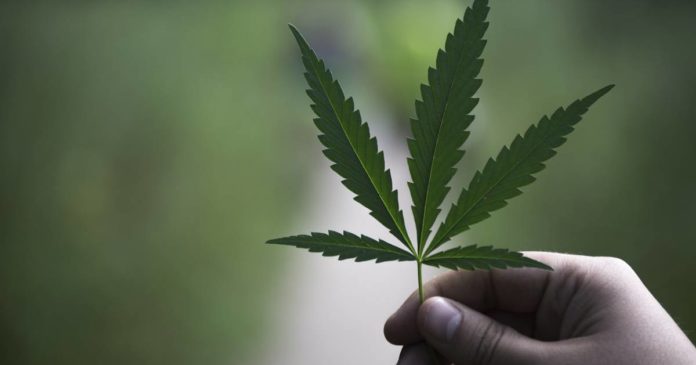A U.S. group is calling on Congress to take action on what it says is illegal pesticide use in cannabis production.
Cannabis in its various forms is a pretty hardy plant, but like all plants has its share of predators. For example, insect pests of hemp include aphids, crickets, slugs and snails (well, the latter two are actually molluscs). To help control these pests, pesticides may be used.
Washington-headquartered Beyond Pesticides is concerned about the use of such chemicals on cannabis generally.
“Because marijuana is not a legal agricultural crop under relevant federal law (Federal Insecticide, Fungicide, and Rodenticide Act) and hemp has only recently been legalized, EPA has not evaluated the safety of any pesticide on marijuana plants,” says the group.
While marijuana may not be legal at a federal level, it is in some states and those states may have their own and differing laws regarding the use of pesticides.
Pesticide use on medicinal cannabis plants is a point of major concern for the group, as it states this introduces toxic chemicals into a medicine. The group claims medical cannabis can interfere with the body’s ability to detoxify these substances.
This isn’t a new issue – back in 2016 we mentioned 84.3% of cannabis samples submitted to a lab in California tested positive for pesticide residues. Of particular concern was Myclobutanil, a fungicide that converts to hydrogen cyanide when heated above 205C.
Beyond Pesticides is calling for oversight hearings to document what it says are state violations of federal pesticide law by allowing use in cannabis production and processing, despite not being registered for this use by EPA. It wants to see states establish laws and/or regulations that mandate an organic approach to cannabis production.
In terms of hemp, some pesticides may get the nod from the Environmental Protection Agency (EPA) in the not-too-distant future.
The National Industrial Hemp Council (NIHC) and American Farm Bureau Federation recently lodged a submission with the EPA with regard to adding hemp to the labeling of 10 currently registered pesticide products.
“The letter calls for EPA to approve these and additional applications in order to expand the range of approved pesticides and provide our members with lawful options for pest control,” says the NIHC.
The letter can be viewed here.


